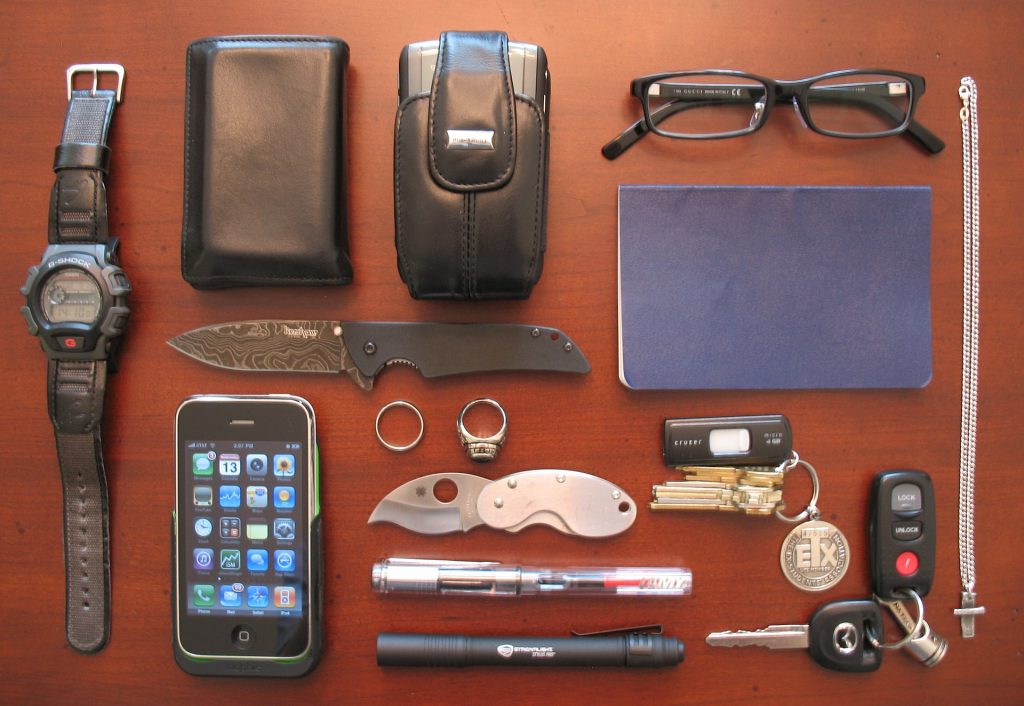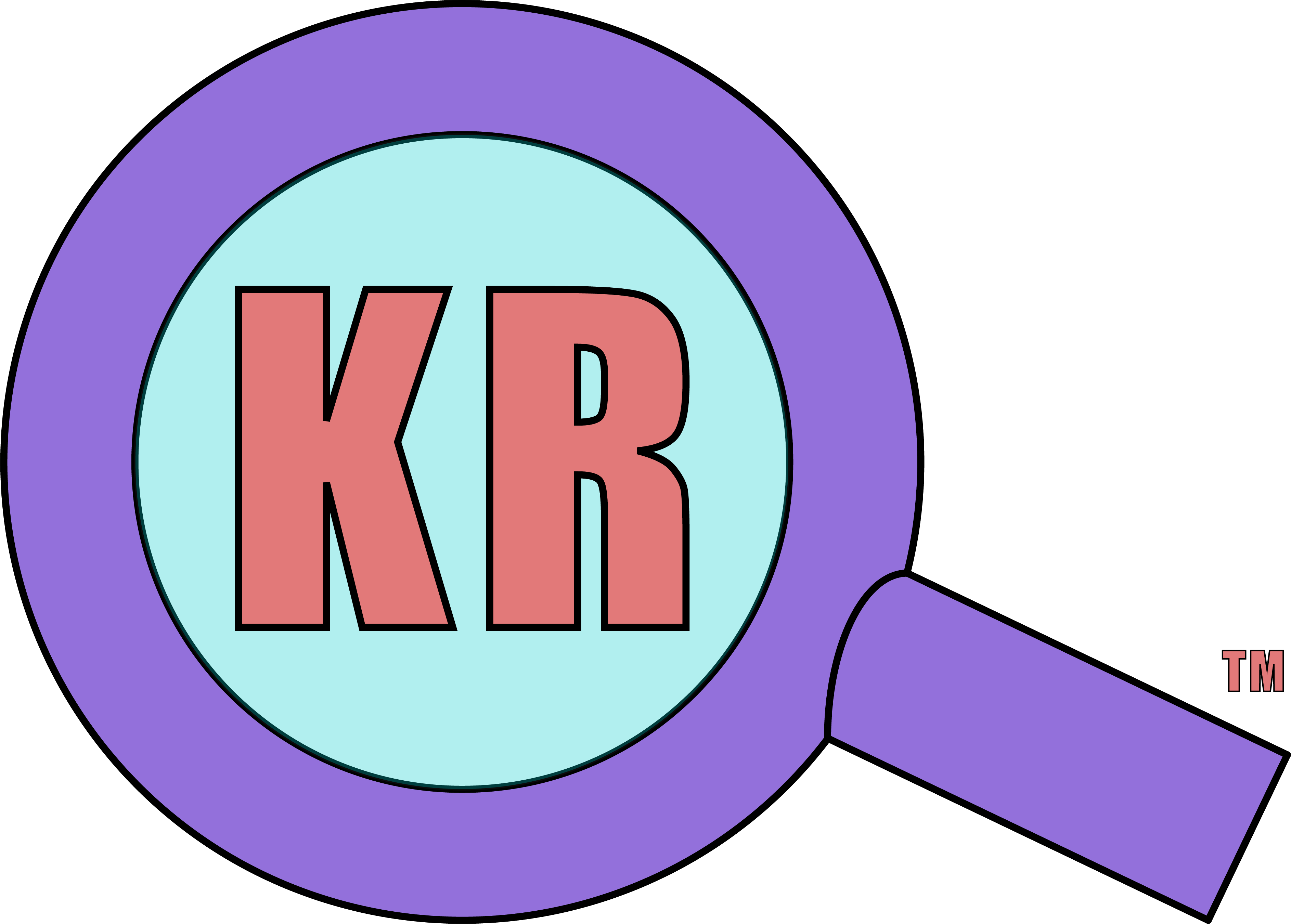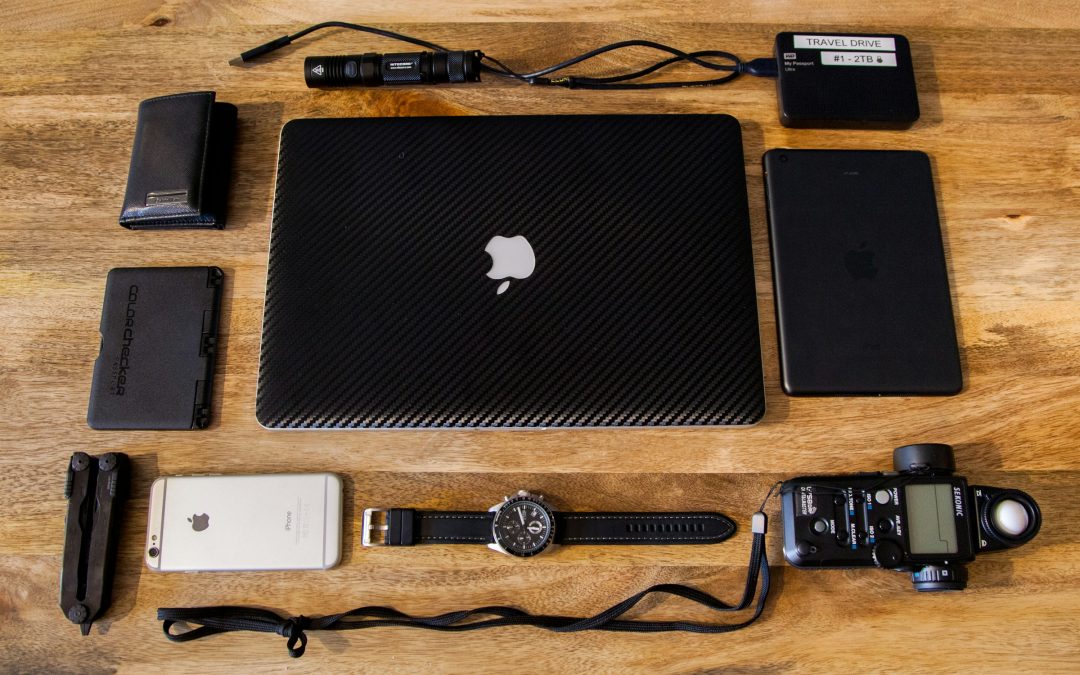Writing comes with research. Unless you’re writing about yourself and what you know, there’s going to be something you don’t know. My debut novel coming out soon is a murder mystery. I knew nothing about several aspects of the story, including stages of decomposition of human body, size of bullet entrance and exit wounds, how detectives actually do their jobs, and a lot more. Some of this knowledge you’ll see directly in the pages of the story, and some is background information that helps me write the best story possible.
Another work featuring a U.S. Air Force veteran has required extensive research into basic military training, Air Force specialized training, and more. I’m working closely with someone who has been in these shoes before. He has taught me a lot, and some of it, like in my upcoming novel, I use as background information that helps me write an accurate story and some of it goes into the character traits and plot points reflected in the characters and story.
Working with him is fun but also frustrating at times. He still uses his military acronyms and jargon when communicating with me online and many times I don’t know what they mean. I ask, or I make up my own acronym and it clicks in his mind that I don’t know context. He quickly corrects and explains, and it has helped what was once going to be a short story for my own entertainment become a novel-length story I may one day share with you all.
One of the major focuses of discussion one day was everyday carry, or EDC. To him, it’s EDC and everybody knows that. I had to admit I didn’t. Then he made a joke: ‘in your case it would be EDK. Every day Keri.’ Haha. As with other things, he quickly corrected and explained. With the new data, it has become a central part of the main character’s personality – always having a certain set of items, no matter the circumstances.

Reflecting on the discussion, I realized everyone has some degree of EDC. It’s a collection of items the person finds useful to be carried consistently every day. There are different reasons like utility/usefulness, self-sufficiency, or preparedness. Keeping these tools close at hand helps the carrier with every day problem solving of mundane tasks like opening packages or changing batteries in a device to first aid and and self-defense. The Scouting American 10 Essentials list could be considered part of EDC.
As I mentioned, EDC is the ‘stuff’ you decide is important enough to have close at hand on a daily basis. Your cell phone, wallet, and keys are basics you’re never far from. Pens or pencils and small notebooks, glasses, a small first aid kit, and even a gun or knife could be part of your ‘kit’ as well.
When I asked how he carried it all, he told me pockets, and a special belt. All his gear adds another 13 pounds! This is where my mom would make a joke about my purse being heavy. She’s not wrong, and for much the same reason as my military friend here adds another 13 pounds of ‘stuff’ to his life: I find it beneficial to have daily. His things run the gamut of primary reasons I listed earlier, and my reasons are more utility and preparedness than self-defense, although that should change. Defending oneself in this changing world is getting to be more and more apparent as a necessity.
Enough about my research. I’d like to hear about yours. Is there something you had to research for work or school? Did I pique your interest and cause you to research further than you needed – for your own fulfillment? Let’s talk on Facebook!

